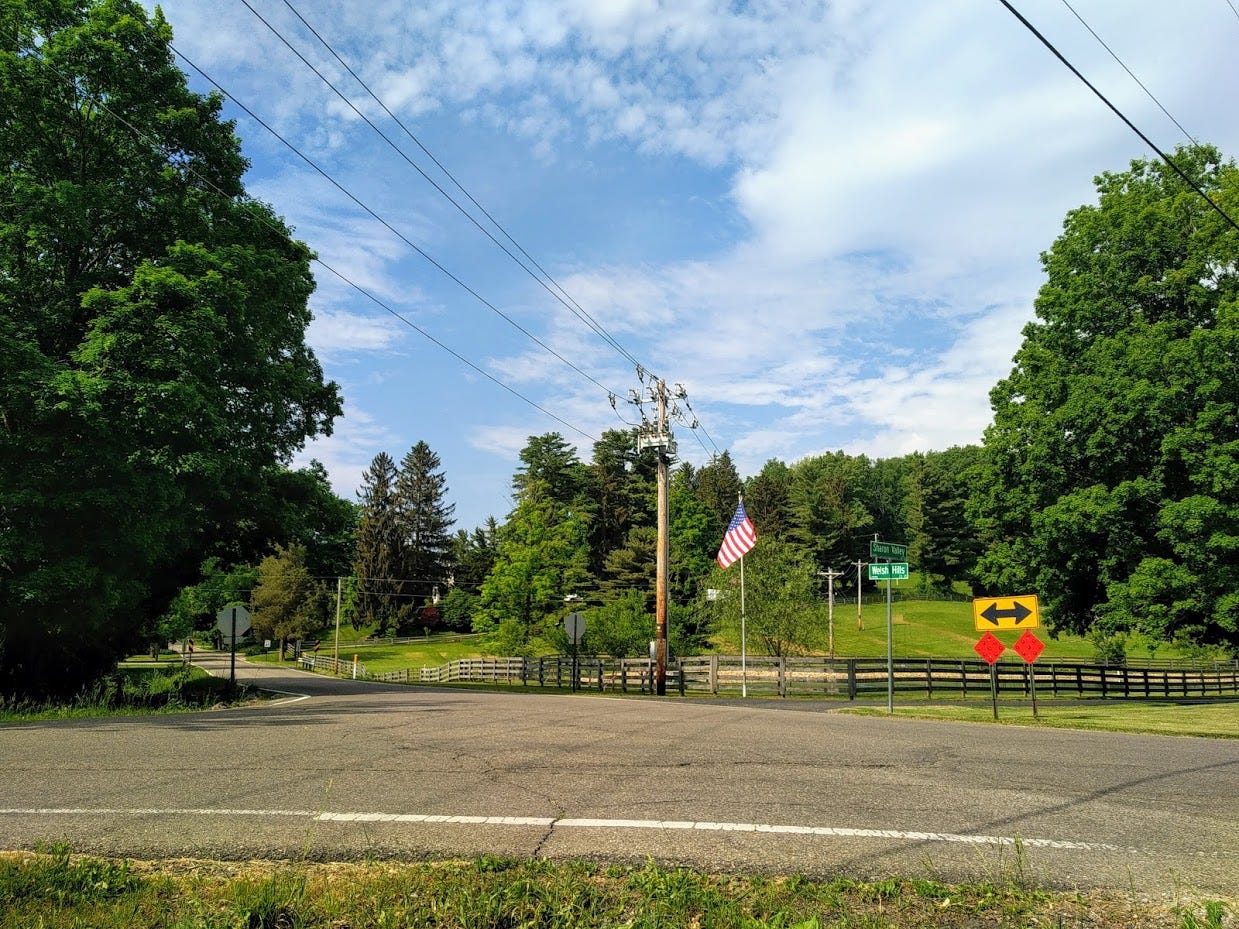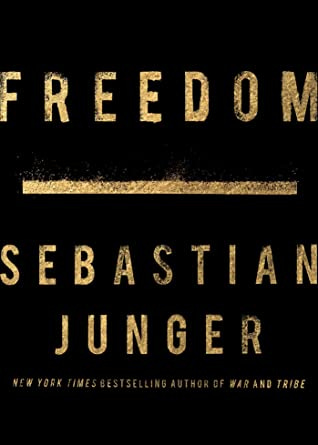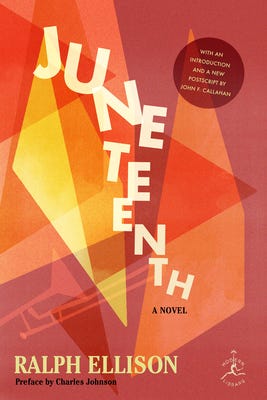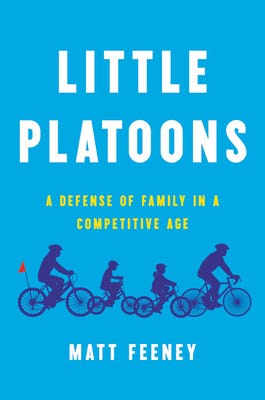Freedom, Juneteenth & The Little Platoons
America’s complex and messy relationship with freedom and liberty
What better time to ponder America’s complex and messy relationship with freedom and liberty than the time between the newly minted federal holiday Juneteenth and the Fourth of July?
Below some books that do just that. Plus, a link on poetry.
A Wayfinding Approach to Freedom?
Elizabeth Stice considers “A Wayfinding Approach to Freedom” in her review of Sebastian Junger’s new book:
Political philosophy and political debates are often respectively abstract and oppositional, but Junger uses everyday language and a broad view of human experience. Freedom is an approach to the topic based in reality and, as a result, one which speaks to real life. We need more books like it, because real life is where the struggles we have over freedom take place. And while it is not useless to read Rousseau, books like this offer more immediately relevant guidance as we pursue genuine freedom in our day-to-day lives.
I just picked up Freedom from the library yesterday so look for thoughts from me soonish.
Ralph Ellison’s Juneteenth
I recently read, and reread, On Juneteenth by Annette Gordon-Reed so will also have thoughts on this short but powerful book soon.
But I wanted to point you to Armond White’s contrary take on Juneteenth and his recommendation to read Ralph Ellison’s novel of the same name.
Ellison’s skepticism is missing from the media’s glut of gaudy race fantasies, fiction and nonfiction. Government edicts do not negate the distortions we’ve witnessed in media and contemporary political rhetoric but may well be part of those falsehoods. Ellison knew better. Juneteenth’s plot combines politics, religion, folklore, and Hollywood, satirizing our racial misperceptions and misrepresentations. Ellison presciently described our difficulty achieving democracy as a temperamental and moral failure “to become renewed, transfigured, in another pattern.” Juneteenth investigates the patterns of art that contemporary filmmakers have botched. They, instead, have aged, warped, and defamed America’s racial history into a pattern of loveless grumbling and narcissism.
Little Platoons
Jumping of from one of my favorite books of recent memory, Yuval Levin’s A Time to Build, Alan Jacobs discusses Matt Feeney’s Little Platoons: A Defense of Family in a Competitive Age:
The really brilliant thing about Matt’s book — written by someone who, like me, possesses a conservative disposition but might not be issued a card by the people who authorize “card-carrying conservatives” — is its claim that in some areas of contemporary American life the mediating institutions are not too weak but rather too strong. And what he demonstrates with great acuity is the consistency with which those institutions, from youth soccer organizations to college admissions committees, have conscripted the “little platoon” of the family to serve their needs — indeed, to get families to compete with one another to serve those institutions’ needs[.]
And now, poetry…
19 Lines That Turn Anguish Into Art
After hearing about Elizabeth Bishop on a couple of EconTalk episodes (here is one) I bought the Library of America volume of her poems, prose, and letters.
If like me, you want to learn more about Bishop and her poetry you can start with 19 Lines That Turn Anguish Into Art by Dwight Garner and Parul Sehgal which explores the poem, the form and Bishop. Interesting format and content, IMO.
Central Ohio As San Diego?
There are few days when the world can be accused of being jealous of the weather in Central Ohio but I have to say yesterday and today may make it so. Blue skies and cool temperatures have made it a joy to be outside here in the Welsh Hills.
I hope you are having a wonderful summer wherever you are.
Kevin





